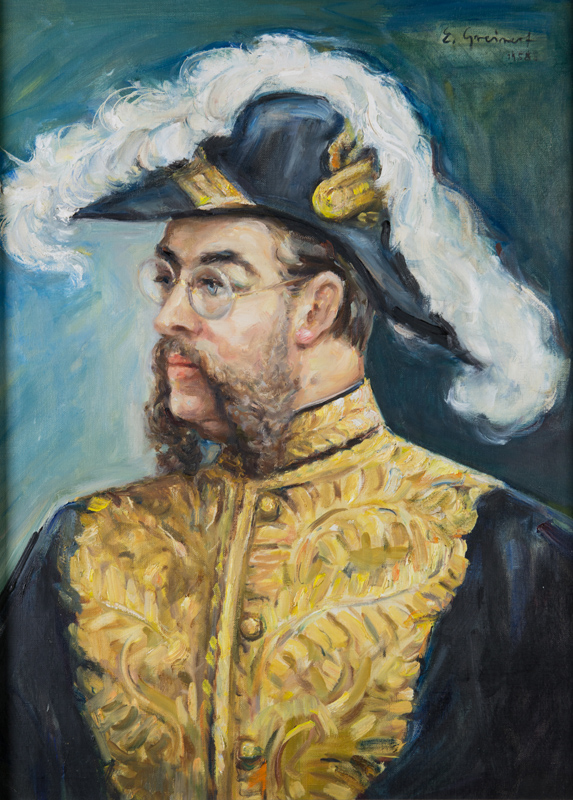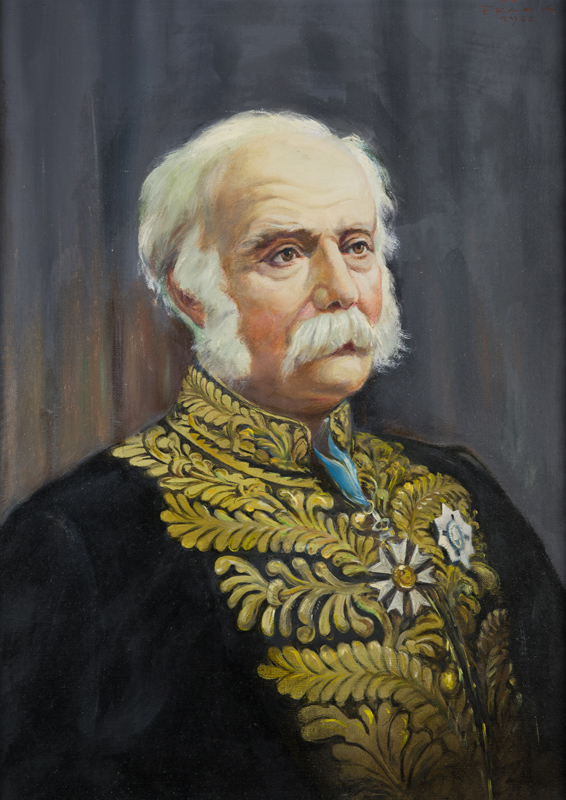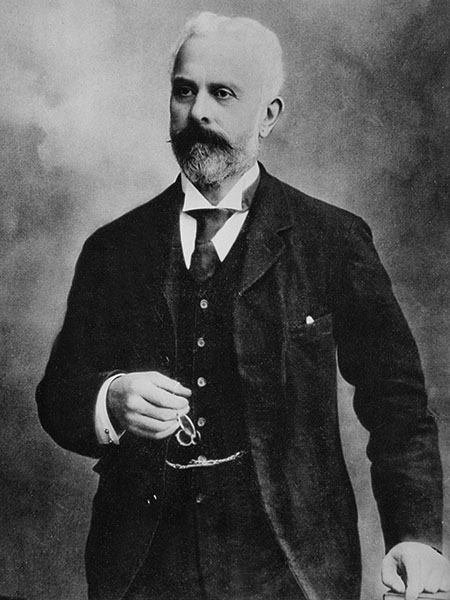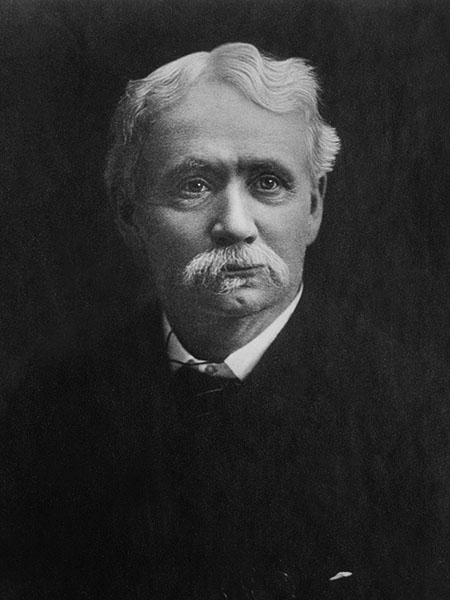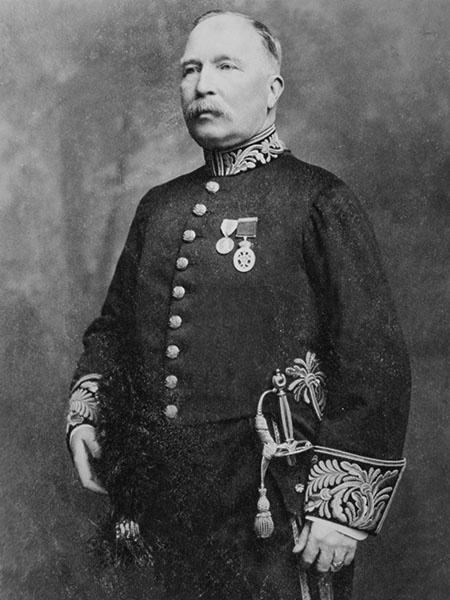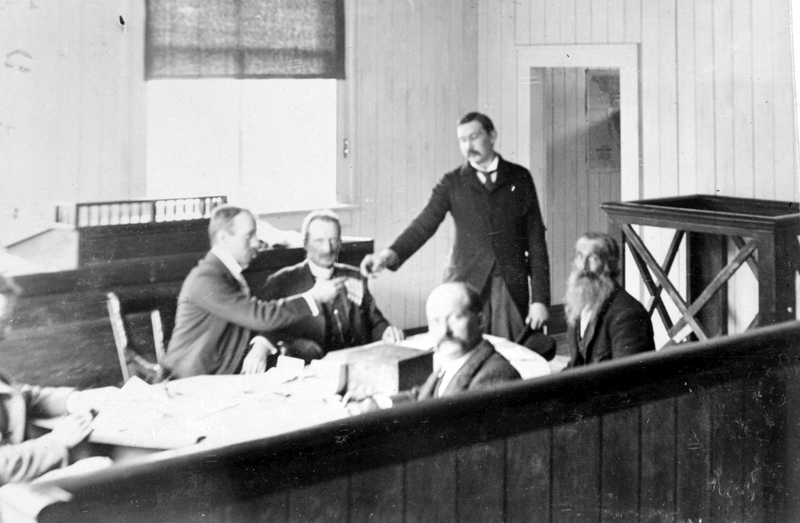The beginning of the 20th century was a turbulent time in B.C. politics. Public debt was massive and voters were fed up with governments who put personal and professional self-interest first.
Since there were no established political parties, candidates for election to the Legislative Assembly ran without any party affiliation. This meant their activities were centered on garnering personal support, forming coalitions, and bickering amongst themselves, as opposed to proposing bills, debating issues, or enacting legislation. This gradually led to a breakdown in provincial governance with no individual able to rally enough legislative support to form a government.
This period of instability lasted from 1898 to 1903. During this time, Lieutenant Governor T.R. McInnes dismissed two Premiers for their inability to maintain the confidence of the Legislative Assembly: John H. Turner and Charles A. Semlin. In using his royal prerogative (meaning the constitutional powers of the Lieutenant Governor) to dismiss two Premiers, McInnes alienated both politicians and the public. He was dismissed from his office in 1900 by Governor General Gilbert John Murray-Kynynmound Eliot, the Earl of Minto, on the advice of Prime Minister Wilfred Laurier. McInnes was the only Lieutenant Governor in B.C. history to have been dismissed mid-term.
Three years after replacing T.R. McInnes, Lieutenant Governor H.J. de Lotbiniere was called upon to dismiss Premier Edward G. Prior on June 1, 1903.
